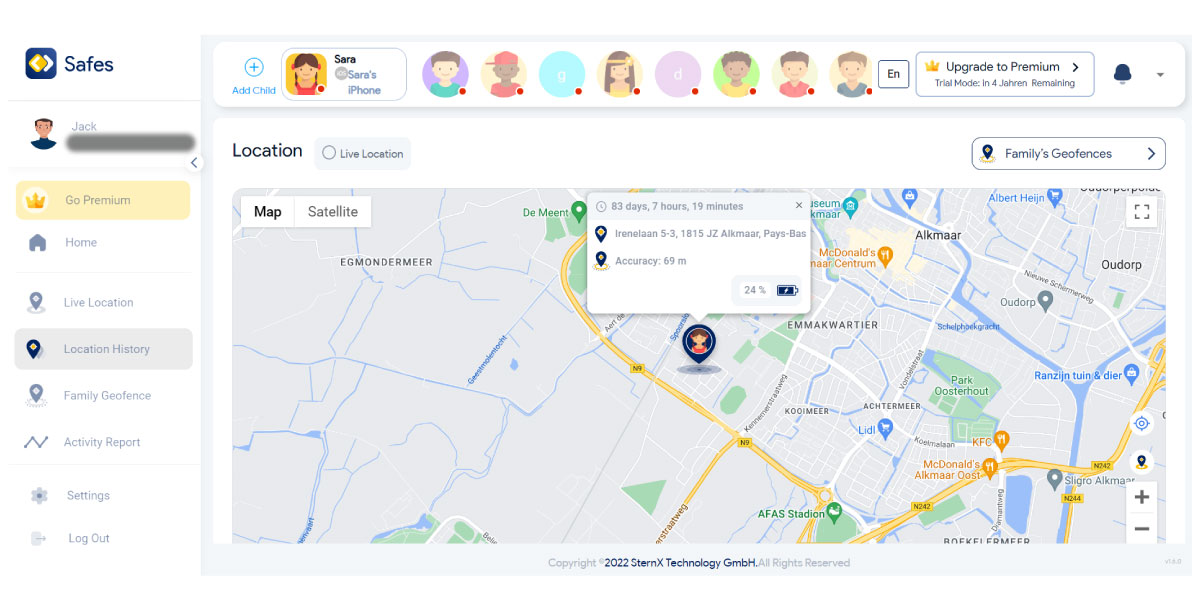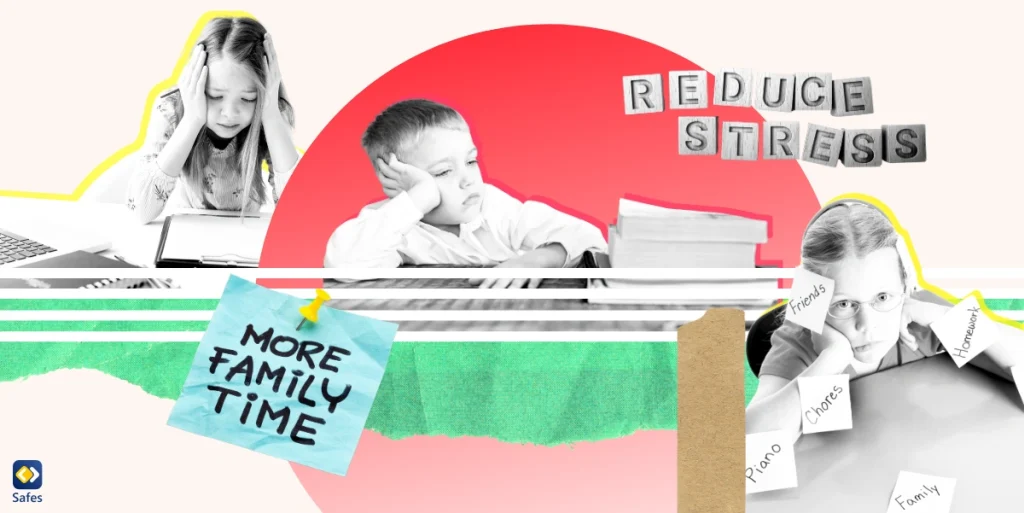As a parent, it can be difficult to know how to help your teenager express their feelings. This is especially true when they are going through the challenges of adolescence. So as a parent, you need to be patient and understanding while also providing guidance and support. In this article, I’ll explore how to get a teenager to talk about their feelings. I’ll discuss practical strategies to help your teen express their feelings and to understand their unique needs. Then I’ll provide clues as well as good resources to determine if your child is struggling physically or mentally.
Why It’s Important to Help Your Teenager Express Their Feelings
Helping your teenager express their feelings gives them an outlet to process difficult emotions and gain insight into themselves. When teens are able to express their feelings, they are better able to make sense of their experiences and better understand themselves. Furthermore, expressing feelings can help teenagers build a better understanding of their relationships with others and help them develop stronger communication skills.
Helping teenagers express their feelings also has benefits for parents. It allows parents to gain insight into how their child feels and how they can best support them. Additionally, it can help parents better understand their teenager’s behaviour and provide guidance and support during challenging times.

Practical Strategies to Get a Teenager to Open Up and Talk
When asking how to get a teenager to open up and talk, the key is to be patient and understanding. Here are some practical strategies to get your teenager to talk to you:
Listen Without Judgment
It’s best to listen to your teenager without judging them or offering advice. Allow your teen to share their feelings without interruption or criticism. This will help them feel heard and validated.
Ask Questions
Ask your teenager questions about how they are feeling and what’s going on in their life. This will help them explore their feelings and gain a better understanding of themselves.
Model Healthy Communication Skills
It’s important to model healthy communication skills for your teenager. This means using respectful language, listening without judgment, and expressing your thoughts and feelings constructively.
Create a Safe Space
Creating a safe and supportive home environment is essential for helping your teenager express their feelings. This means providing them with a space to talk without judgment or criticism. It also means setting boundaries and having clear expectations for behavior. Additionally, it’s important to provide your teenager with reassurance and guidance. Let them know that you are there to support them and that you are willing to help them work through their complex emotions.
Understanding the Unique Needs of Teenagers
Understanding the unique needs of teenagers is crucial. As teenagers transition from childhood to adulthood, they face many challenges. They may be struggling with their identity, managing academic and social pressures, and developing relationships with peers and adults. Being patient and understanding as your teenager navigates these challenges is essential. Additionally, it’s important to remember that every teenager is unique and will have different needs.
Encourage Them to Use Creative Outlets
When your teenager has difficulty opening up, you can try encouraging them to express their feelings through creative outlets such as art, music, writing, or dancing. Creative outlets can be a powerful way for teens to express themselves and gain insight into their feelings.

Signs Your Teen May Be Struggling
After teens trust you and open up to you, you may find that they’re struggling with critical emotional, mental, and physical issues. These issues include difficulties in relationships, academic problems, or severe safety and health issues such as being cyberbullied or suffering from addiction.
It’s essential to be aware of the signs that your teen may be struggling. These signs can include changes in behaviour, such as withdrawing from activities, avoiding going to school, sleeping more or less than usual, or changes in mood, such as increased irritability, sadness, or anxiety. If you notice any of these signs, it’s essential to offer them your support.
How to Find and Access Mental Health Support
Some of your teens’ struggles might sound trivial to you; however, you should know that children at this age are more sensitive to certain issues. Sometimes you or other people your child trusts can help them find solutions to their problems or deal with the issue that is bothering them. Nevertheless, they sometimes need professional assistance.
If your teenager is struggling with emotional, physical, or mental issues that are too complex for you to handle, you need to get them professional help. Many resources are available to help support your teen, including therapy, mental health support groups, and online resources. Additionally, many schools have mental health counsellors and support programs. Researching these resources and finding one that is right for your teen is essential.
Working With Schools and Health Professionals
Working with schools and health professionals is another way to help your teenager express their feelings. Schools can be a great resource for providing support and guidance to teens. Additionally, many professionals, such as counsellors and psychologists, specialise in providing mental health support for teenagers. These professionals can provide your teenager with the tools and resources they need to express their feelings in a healthy way.
Resources to Help Support Your Teen
There are many resources available to help support your teen. Here are some of the most helpful resources:
- Crisis Text Line: This is a free, 24/7 text line for teens in crisis. If you’re in the US, Canada, the UK, and Ireland, text HOME to 741741 to get help.
- National Suicide Prevention Lifeline: This is a 24/7 hotline for anyone struggling with mental health issues. If you’re in the US, dial 988 to get help.
- Mental Health America: This website provides information and resources about mental health, including specific resources for teens.
- Online Therapy: This is an online directory of therapists specialising in helping people with mental health care.
- Parent Toolkit: This interactive website provides information and resources to help parents support their teens.
How Can Safes Help Parents and Teens?
A common contributor to emotional struggles in teens is the harassment they might be facing online. If your teenager lets you know that they are being bullied or harassed online, you can try the Safes parental control app to make the internet a safer and healthier place for them. Safes can block harmful apps, websites, and search keywords. Moreover, it monitors kids’ screen time and the content they’re exposed to on the internet and social media.

Concluding How to Get Your Teenager to Talk About Their Feelings
Expressing feelings can be difficult for teenagers, but it’s essential for their emotional and mental health. As a parent, providing your teenager with a safe and supportive environment to talk about their feelings is crucial. Additionally, there are many resources available to help your teen express their feelings in a healthy way.
You can help your teenager express their feelings and gain insight into themselves by:
- Understanding the unique needs of teenagers
- Being aware of the signs that your teen may be struggling
- Creating a safe and supportive home environment
- Finding and accessing mental health support
- Working with schools and other professionals
Would you like to try the Safes parental control app to sustain your teen’s safety and health? Feel free to download it from our website. We offer a 14-day free trial with premium features—no credit cards are needed.




